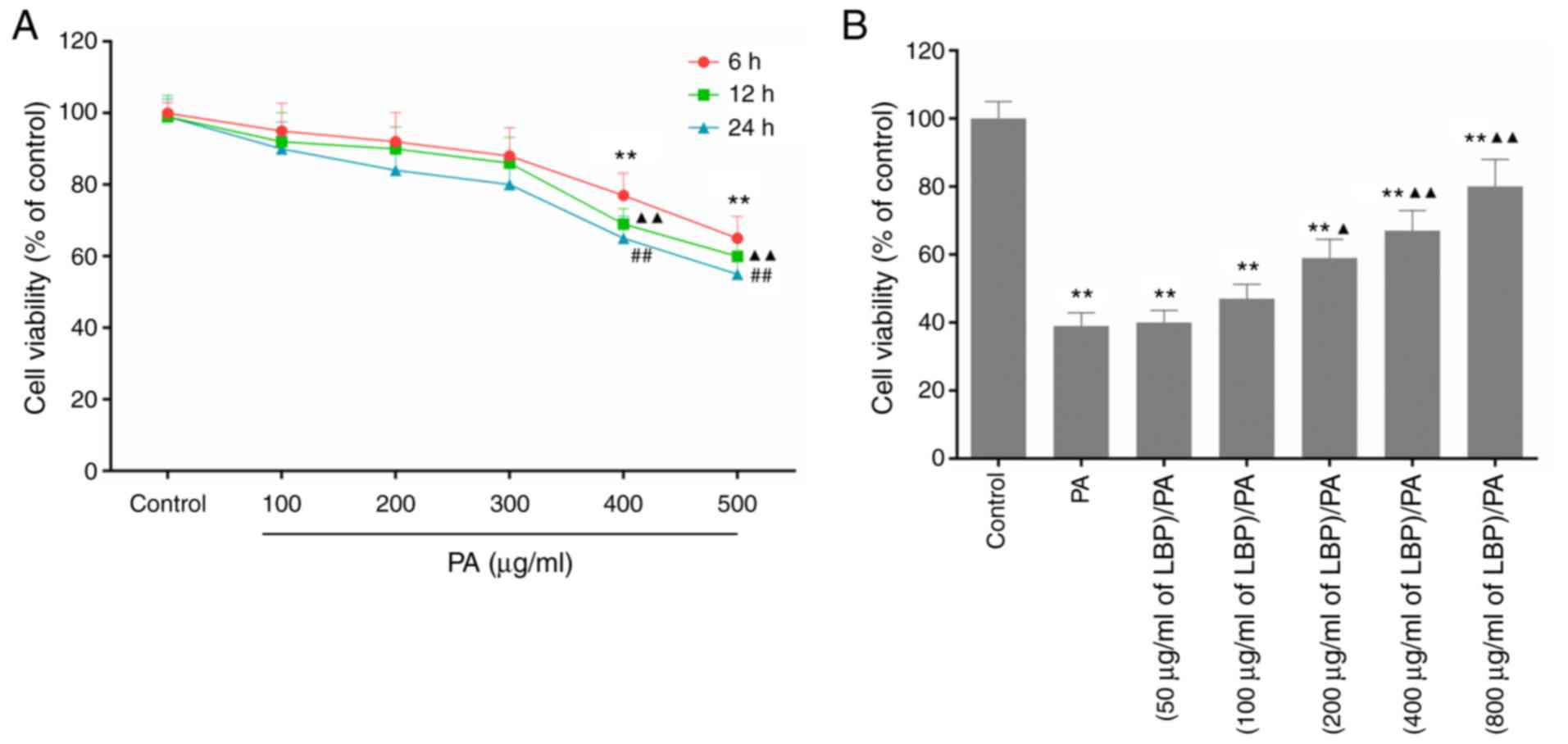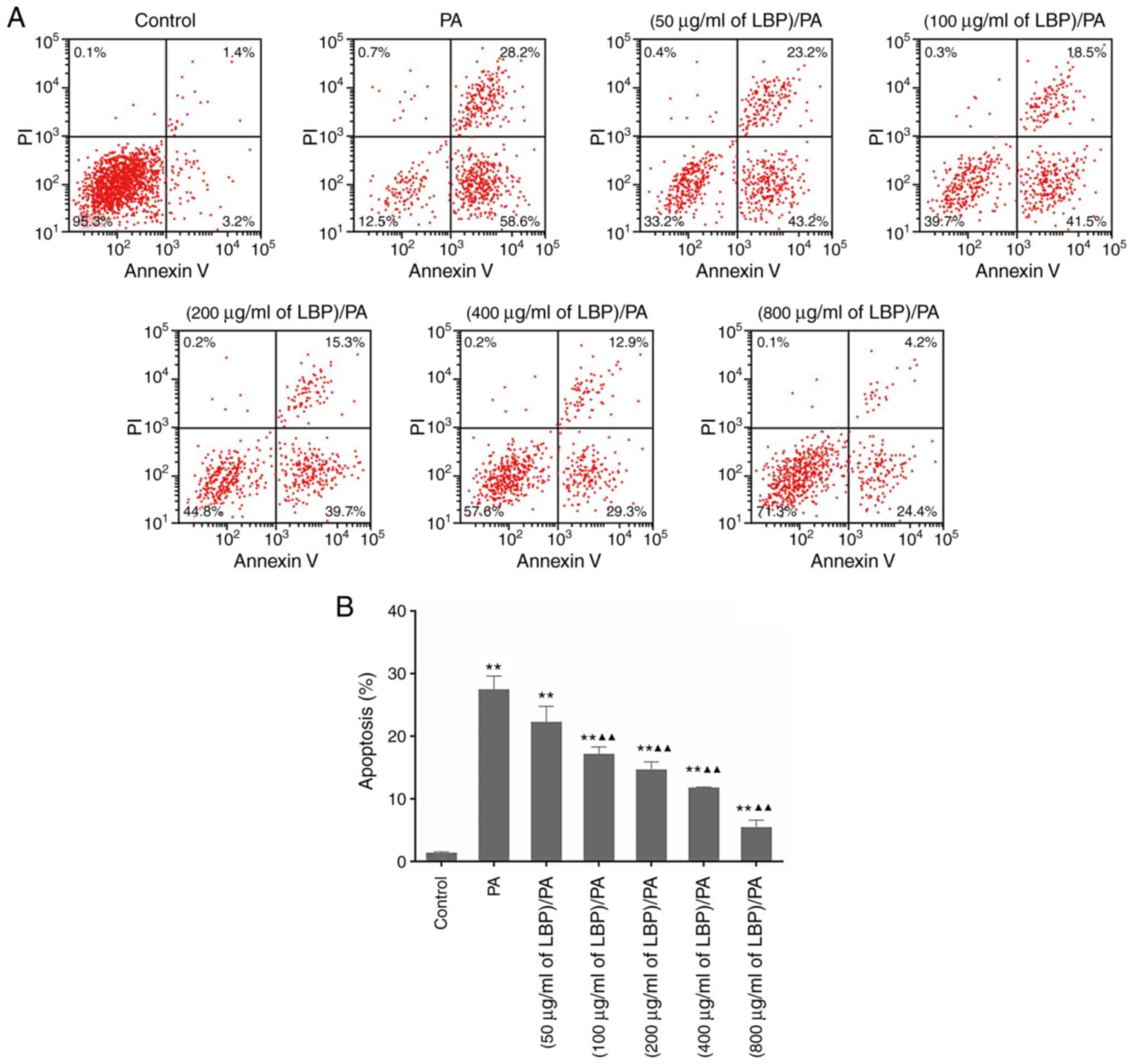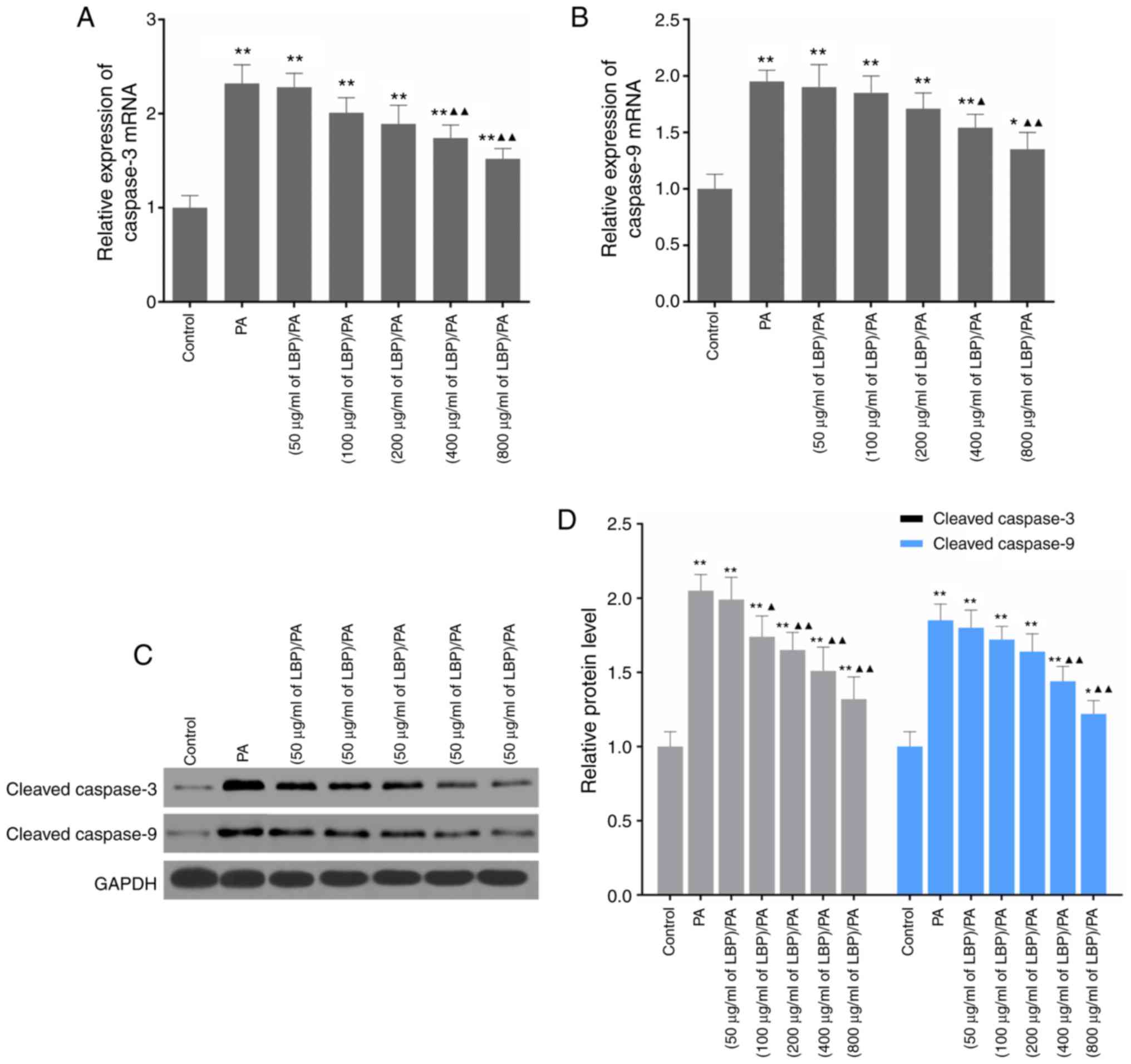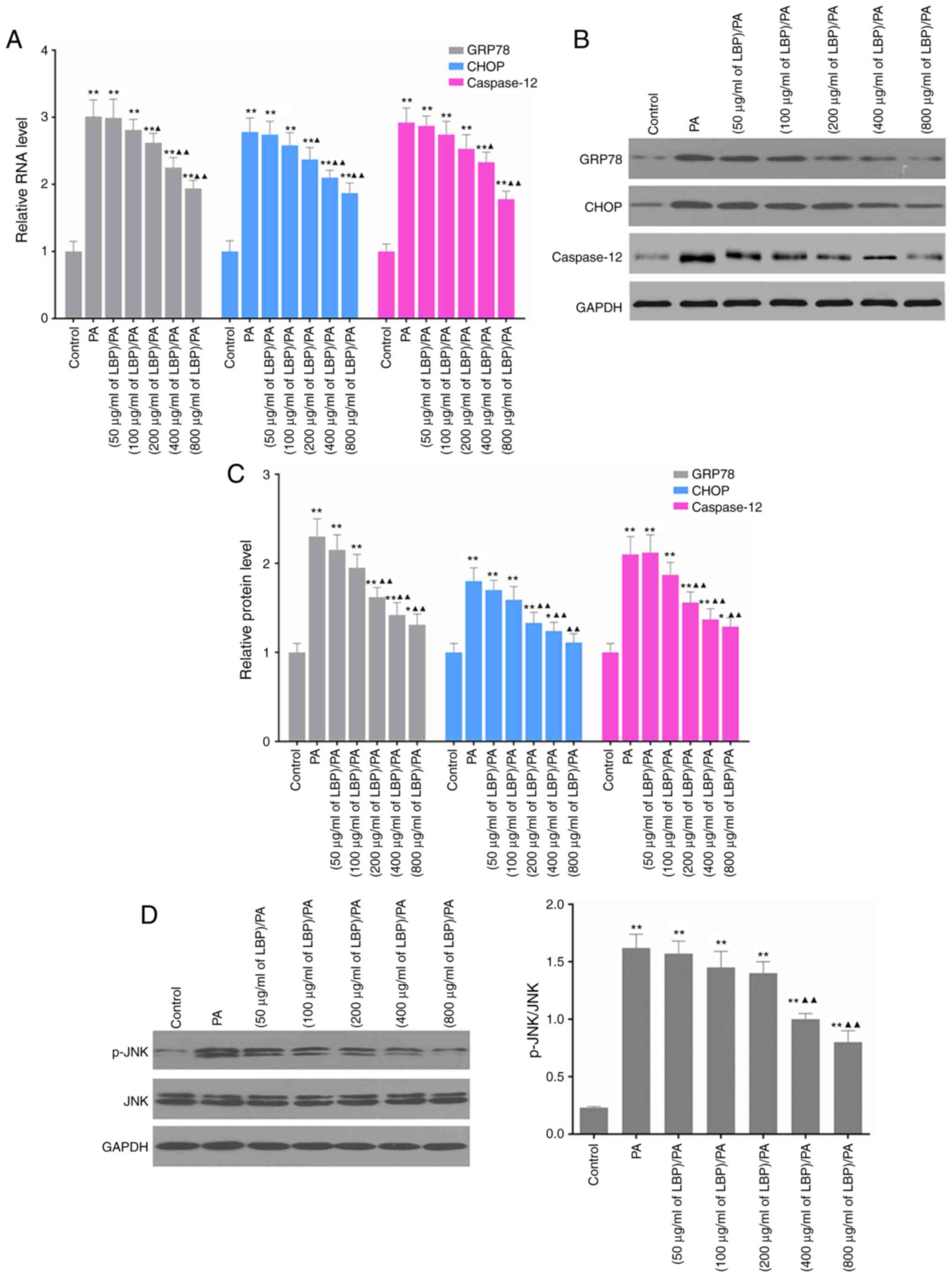|
1
|
Rachner TD, Khosla S and Hofbauer LC:
Osteoporosis: Now and the future. Lancet. 377:1276–1287. 2011.
View Article : Google Scholar : PubMed/NCBI
|
|
2
|
Ray NF, Chan JK, Thamer M and Melton LJ
III: Medical expenditures for the treatment of osteoporotic
fractures in the United States in 1995: Report from the National
Osteoporosis Foundation. J Bone Miner Res. 12:24–35. 1997.
View Article : Google Scholar : PubMed/NCBI
|
|
3
|
Ravn P, Cizza G, Bjarnason NH, Thompson D,
Daley M, Wasnich RD, McClung M, Hosking D, Yates AJ and
Christiansen C: Low body mass index is an important risk factor for
low bone mass and increased bone loss in early postmenopausal
women. Early postmenopausal intervention cohort (EPIC) study group.
J Bone Miner Res. 14:1622–1627. 1999. View Article : Google Scholar : PubMed/NCBI
|
|
4
|
Aguirre L, Napoli N, Waters D, Qualls C,
Villareal DT and Armamento-Villareal R: Increasing adiposity is
associated with higher adipokine levels and lower bone mineral
density in obese older adults. J Clin Endocrinol Metab.
99:3290–3297. 2014. View Article : Google Scholar : PubMed/NCBI
|
|
5
|
Cohen A, Dempster DW, Recker RR, Lappe JM,
Zhou H, Zwahlen A, Müller R, Zhao B, Guo X, Lang T, et al:
Abdominal fat is associated with lower bone formation and inferior
bone quality in healthy premenopausal women: A transiliac bone
biopsy study. J Clin Endocrinol Metab. 98:2562–2572. 2013.
View Article : Google Scholar : PubMed/NCBI
|
|
6
|
Arner P and Rydén M: Fatty Acids, Obesity
and insulin resistance. Obes Facts. 8:147–155. 2015. View Article : Google Scholar : PubMed/NCBI
|
|
7
|
Elbaz A, Wu X, Rivas D, Gimble JM and
Duque G: Inhibition of fatty acid biosynthesis prevents adipocyte
lipotoxicity on human osteoblasts in vitro. J Cell Mol Med.
14:982–991. 2010. View Article : Google Scholar : PubMed/NCBI
|
|
8
|
Sharma S, Tandon VR, Mahajan S, Mahajan V
and Mahajan A: Obesity: Friend or foe for osteoporosis. J Midlife
Health. 5:6–9. 2014.PubMed/NCBI
|
|
9
|
Kikuta S, Tanaka N, Kazama T, Kazama M,
Kano K, Ryu J, Tokuhashi Y and Matsumoto T: Osteogenic effects of
dedifferentiated fat cell transplantation in rabbit models of bone
defect and ovariectomy-induced osteoporosis. Tissue Eng Part A.
19:1792–1802. 2013. View Article : Google Scholar : PubMed/NCBI
|
|
10
|
Lubkowska A, Dobek A, Mieszkowski J,
Garczynski W and Chlubek D: Adiponectin as a biomarker of
osteoporosis in postmenopausal women: Controversies. Dis Markers.
2014:9751782014. View Article : Google Scholar : PubMed/NCBI
|
|
11
|
Kim JE, Ahn MW, Baek SH, Lee IK, Kim YW,
Kim JY, Dan JM and Park SY: AMPK activator, AICAR, inhibits
palmitate-induced apoptosis in osteoblast. Bone. 43:394–404. 2008.
View Article : Google Scholar : PubMed/NCBI
|
|
12
|
Martino L, Masini M, Novelli M, Beffy P,
Bugliani M, Marselli L, Masiello P, Marchetti P and De Tata V:
Palmitate activates autophagy in INS-1E β-cells and in isolated rat
and human pancreatic islets. PLoS One. 7:e361882012. View Article : Google Scholar : PubMed/NCBI
|
|
13
|
Simon-Szabó L, Kokas M, Mandl J, Kéri G
and Csala M: Metformin attenuates palmitate-induced endoplasmic
reticulum stress, serine phosphorylation of IRS-1 and apoptosis in
rat insulinoma cells. PLoS One. 9:e978682014. View Article : Google Scholar : PubMed/NCBI
|
|
14
|
Zhang H, Li H, Liu X and Bi J: Effect of
caspase-9 inhibition on endoplasmic reticulum stress induced
cortical neuronal injury in rats. Int J Clin Exp Med. 6:546–551.
2013.PubMed/NCBI
|
|
15
|
Wu H, Tang Q, Yang J, Ding J, Ye M and
Dong W: Atorvastatin ameliorates myocardial ischemia/reperfusion
injury through attenuation of endoplasmic reticulum stress-induced
apoptosis. Int J Clin Exp Med. 7:4915–4923. 2014.PubMed/NCBI
|
|
16
|
Wu CX, Wang TF and Yu JQ: Lycium barbarum
polysaccharide pretreatment attenuates cerebral ischemic
reperfusion injury by inhibiting apoptosis in mice. Zhong Yao Cai.
38:1454–1459. 2015.(In Chinese). PubMed/NCBI
|
|
17
|
Zhao R, Cai Y, Shao X and Ma B: Improving
the activity of Lycium barbarum polysaccharide on sub-health mice.
Food Funct. 6:2033–2040. 2015. View Article : Google Scholar : PubMed/NCBI
|
|
18
|
Bie M, Lv Y, Ren C, Xing F, Cui Q, Xiao J
and So KF: Lycium barbarum polysaccharide improves bipolar pulse
current-induced microglia cell injury through modulating autophagy.
Cell Transplant. 24:419–428. 2015. View Article : Google Scholar : PubMed/NCBI
|
|
19
|
Li XM, Ma YL and Liu XJ: Effect of the
Lycium barbarum polysaccharides on age-related oxidative stress in
aged mice. J Ethnopharmacol. 111:504–511. 2007. View Article : Google Scholar : PubMed/NCBI
|
|
20
|
Mazziotti G, Bilezikian J, Canalis E,
Cocchi D and Giustina A: New understanding and treatments for
osteoporosis. Endocrine. 41:58–69. 2012. View Article : Google Scholar : PubMed/NCBI
|
|
21
|
Halade GV, Rahman MM, Williams PJ and
Fernandes G: High fat diet-induced animal model of age-associated
obesity and osteoporosis. J Nutr Biochem. 21:1162–1169. 2010.
View Article : Google Scholar : PubMed/NCBI
|
|
22
|
Patsch JM, Kiefer FW, Varga P, Pail P,
Rauner M, Stupphann D, Resch H, Moser D, Zysset PK, Stulnig TM and
Pietschmann P: Increased bone resorption and impaired bone
microarchitecture in short-term and extended high-fat diet-induced
obesity. Metabolism. 60:243–249. 2011. View Article : Google Scholar : PubMed/NCBI
|
|
23
|
Boot-Handford RP and Briggs MD: The
unfolded protein response and its relevance to connective tissue
diseases. Cell Tissue Res. 339:197–211. 2010. View Article : Google Scholar : PubMed/NCBI
|
|
24
|
Thuaud F, Bernard Y, Türkeri G, Dirr R,
Aubert G, Cresteil T, Baguet A, Tomasetto C, Svitkin Y, Sonenberg
N, et al: Synthetic analogue of rocaglaol displays a potent and
selective cytotoxicity in cancer cells: Involvement of apoptosis
inducing factor and caspase-12. J Med Chem. 52:5176–5187. 2009.
View Article : Google Scholar : PubMed/NCBI
|


















